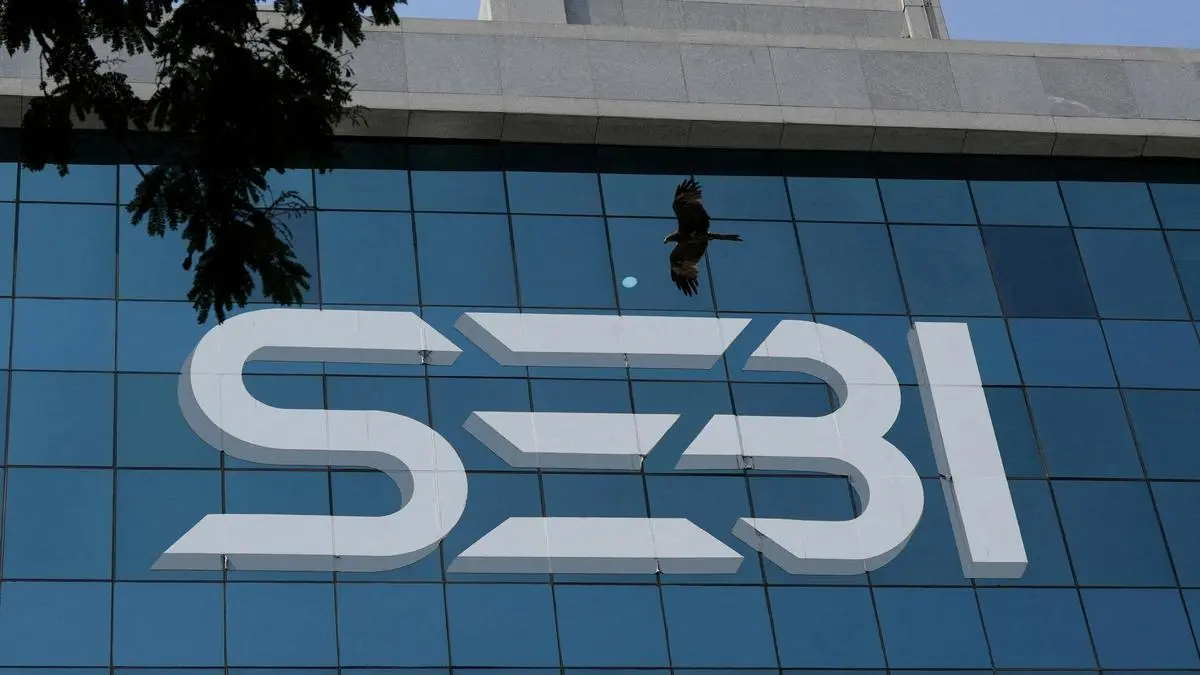In a sweeping move aimed at bolstering India’s capital markets, the Securities and Exchange Board of India (SEBI) has unveiled a dual-pronged reform strategy: easing IPO norms for large companies while intensifying its crackdown on fraudulent financial influencers and unregistered advisors. The announcement, made by SEBI Whole-time Director Kamlesh Chandra Varshney, signals a pivotal shift in how India balances market accessibility with investor protection.
These reforms, outlined in a newly released consultation paper, are designed to make mega-IPOs more feasible and to restore retail investor confidence amid rising concerns over misleading financial content online.
Easing the Path for Mega-IPOs
At the heart of SEBI’s proposal is a relaxation of the timeline for achieving minimum public shareholding (MPS). Currently, companies must ensure that 25% of their equity is held by public investors within five years of listing. SEBI now proposes extending this deadline to 10 years for exceptionally large companies—those with post-issue market capitalizations exceeding ₹1 lakh crore2.
This change is expected to pave the way for long-awaited IPOs from corporate giants like the National Stock Exchange (NSE) and Reliance Jio, which have previously been deterred by the steep dilution requirements. SEBI argues that forcing large issuers to offload massive equity stakes in a short time frame can flood the market, depress share prices, and discourage listings altogether4.
In addition to timeline extensions, SEBI is also considering a tiered dilution framework. For instance:
-
Companies with market caps above ₹50,000 crore may only need to offer 8% of their equity initially.
-
Those above ₹1 lakh crore could start with 2.5%, gradually scaling up to meet the 25% MPS over a decade4.
-
These changes aim to strike a balance between deepening market participation and maintaining price stability.
Valuation Discipline: A New Mandate
SEBI is also urging merchant bankers and anchor investors to adopt “realistic and conservative valuations” during IPO pricing. The regulator has expressed concern over inflated valuations that lead to post-listing price erosion, which can erode retail investor trust and damage market credibility2.
By promoting more grounded pricing models, SEBI hopes to ensure that IPOs remain attractive and sustainable investment opportunities for everyday investors.
Cracking Down on Financial Misinformation
While SEBI is making it easier for large companies to go public, it’s simultaneously tightening the screws on unregistered financial influencers, dubious advisors, and social media manipulators who mislead retail investors.
The regulator has partnered with Meta to launch an advertisement verification system, ensuring that only registered entities can promote market-related content online5. A dedicated SEBI monitoring team now flags illegal posts to Meta and Google, which are taken down within hours.
This crackdown targets:
-
Penny stock manipulators
-
TV experts offering unauthorized trading advice
-
Influencers luring investors with false promises under the guise of “education”
SEBI clarified that it supports genuine financial educators but will take enforcement action against those who cross the line into unregistered advisory or manipulation.
Investor Education Goes Mainstream
In a bid to empower retail investors, SEBI is launching outreach campaigns in schools and universities. These programs aim to help young investors distinguish between credible advisors and fraudsters, and to build financial literacy from the ground up.
Varshney emphasized that investor protection is not just about regulation—it’s about education. “We’re taking investor awareness to the next level,” he said, underscoring SEBI’s commitment to building a more informed and resilient investor base.
What This Means for India’s Markets
Together, these reforms represent a strategic recalibration of India’s capital markets. By making IPOs more accessible for large firms and cleaning up the digital financial ecosystem, SEBI is laying the groundwork for a more inclusive, transparent, and robust investment environment.
Retail investors, often caught between hype and misinformation, stand to benefit the most. With better safeguards and smarter IPO structures, the market may finally offer both opportunity and protection in equal measure.
Sources: YourStory, Rediff Money, News18, Economic Times, Fortune India

